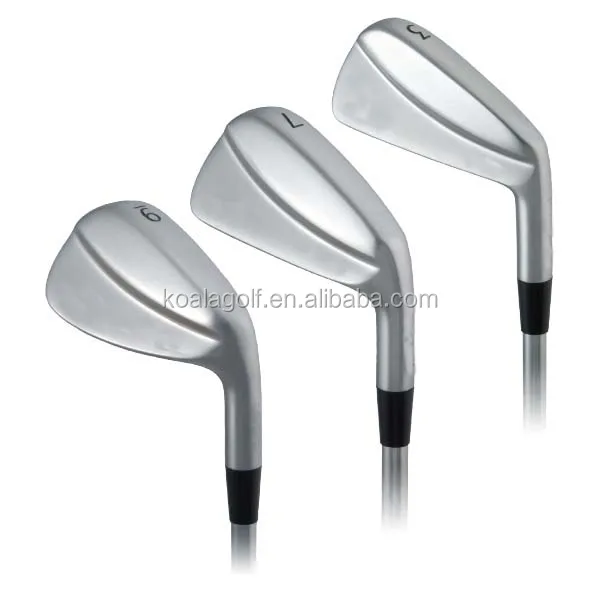
Wedge bounce is measured in degrees and helps to determine how your club will react to different surfaces. Finally, we should consider the types of grinds. After, we can then get a picture of the different bounce options available. Then we will run through what wedges are on the market.

To do this, we need to go on a bit of a journey.įirst, we must understand how wedge bounce affects our shots.
:max_bytes(150000):strip_icc()/bounce-angle-lg-2-5adca4eea18d9e00368f500b.jpg)
Understanding Wedge Bounce BasicsĪs a general rule: the more effort you put into selecting your wedges, the better they will perform on the course. It’s actually a simple fix, but first, we must understand some basics. You could be playing with a wedge with a bounce level that is poorly suited to your ability or the types of courses you play. Selecting the correct bounce will stop your club from consistently digging into the ground and duffing chip shots. Ignoring wedge bounce can be seriously detrimental to your short game.

Depending on how deep your divots tend to be, the edge of the club will travel either on top of or through the turf before impact with the ball. Golf wedge bounce is the angle measured from the sole’s trailing edge to the club head’s leading edge. The concept can actually be quite confusing, so in this article, we aim to demystify the jargon. Wedge bounce is an essential consideration for any golfer looking to improve their game.


 0 kommentar(er)
0 kommentar(er)
